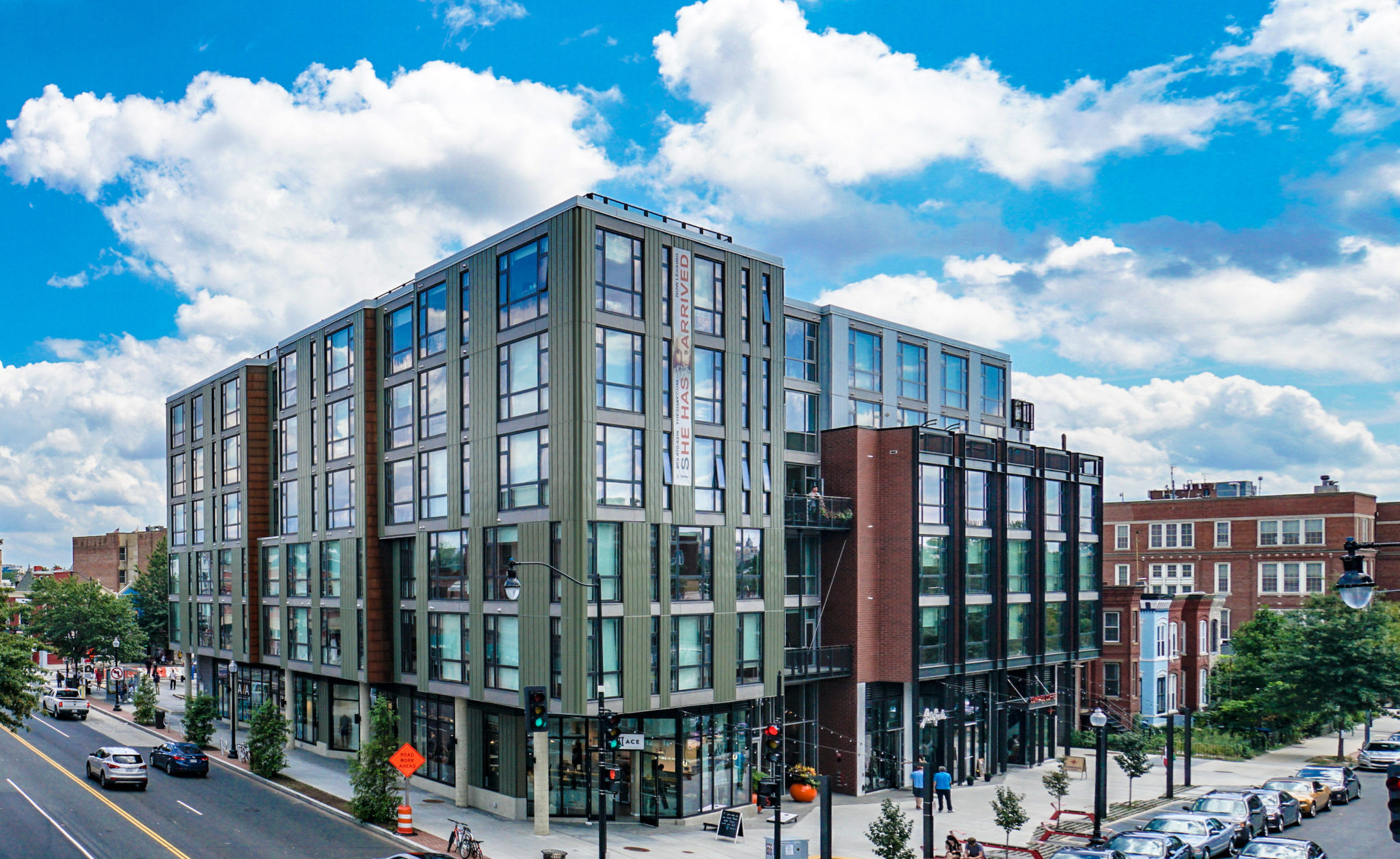First Take is a regular column by D.C. Policy Center Senior Fellow David Brunori.
It is odd that there is even a debate over whether to let the rest of the District’s 2014 tax reforms to take place. I say that because the changes to the tax system are working. Both investment and jobs in the city have increased. And, after decades, the nation’s capital is finally shedding its high tax reputation. More importantly, the reforms have been undertaken responsibly. The tax cuts resulted in neither unmanageable deficits nor service cuts. In fact, spending on services have increased in the years since tax reform was enacted. Why would anyone deviate from what has been successful public policy?
In January 2018, the corporate tax rate is scheduled to fall from the current 9 percent to a still fairly high 8.25 percent. Some folks in the District would like to delay, repeal, or limit the corporate tax cut. That would be a bad idea. The District is among only six other states that have top marginal corporate tax rates of 9 percent or more. Without the changes, the District will remain well above both Maryland (8.25 percent) and Virginia (6 percent). But while people tend to look at Maryland and Virginia when it comes to competitiveness, the District is competing nationally and internationally. And, states and countries have been reducing their corporate tax burdens for decades. Six states do not tax corporate income and seven states that have top rates below 5 percent.
The reason why governments around the world have reduced their corporate tax burdens is simple to understand. It is difficult to effectively and efficiently tax mobile capital in a global economy. Moreover, there is increasing evidence that the corporate tax burden falls on labor in the form of lower wages in global economies (see here, here and here; and here for one summary of the academic debate). It is strange indeed that some of the most liberal thinkers take a position contrary to the interests of the working class. They are not “sticking it to the man”; they are sticking it to their constituents.
There are some who argue that the corporate income tax is way of making business pay for the services they use. That is, they believe that the corporate tax is “benefits tax.” But the District, like many other states, has effectively abandoned that theory long ago when it adopted single sales factor apportionment, linking taxes paid by multi-jurisdictional corporations to their sales volume, and not to their physical size or workforce. That formula allows business to expand physical presence in a city without paying more business tax. Besides, the business community pays for its services through the property tax.
There are people who would like to limit the new rate reduction to corporations with less than $5 million in gross receipts. That idea should be rejected for several reasons. First, frankly $5 million is not a lot of money. Most corporations in the city have gross revenue well beyond that amount. Second, a limit determined by gross revenue makes no sense from a tax policy perspective. Taxes are determined by profits – not gross revenue. Businesses, such as retailers, often have large revenue and small profit margins. Subjecting companies with small profit margins to higher tax rates is contrary to all principles of sound tax policy. And, other than taking a shot at the business community, there is no reason to limit the rate reduction.
Still others have argued that perhaps the tax cuts are imprudent given the uncertainties of the Trump Administration. But those uncertainties are exactly why the business climate in the District needs to be strengthened. A vibrant business community is more reliable than changing administrations and often unsympathetic Congressional appropriations committees.
